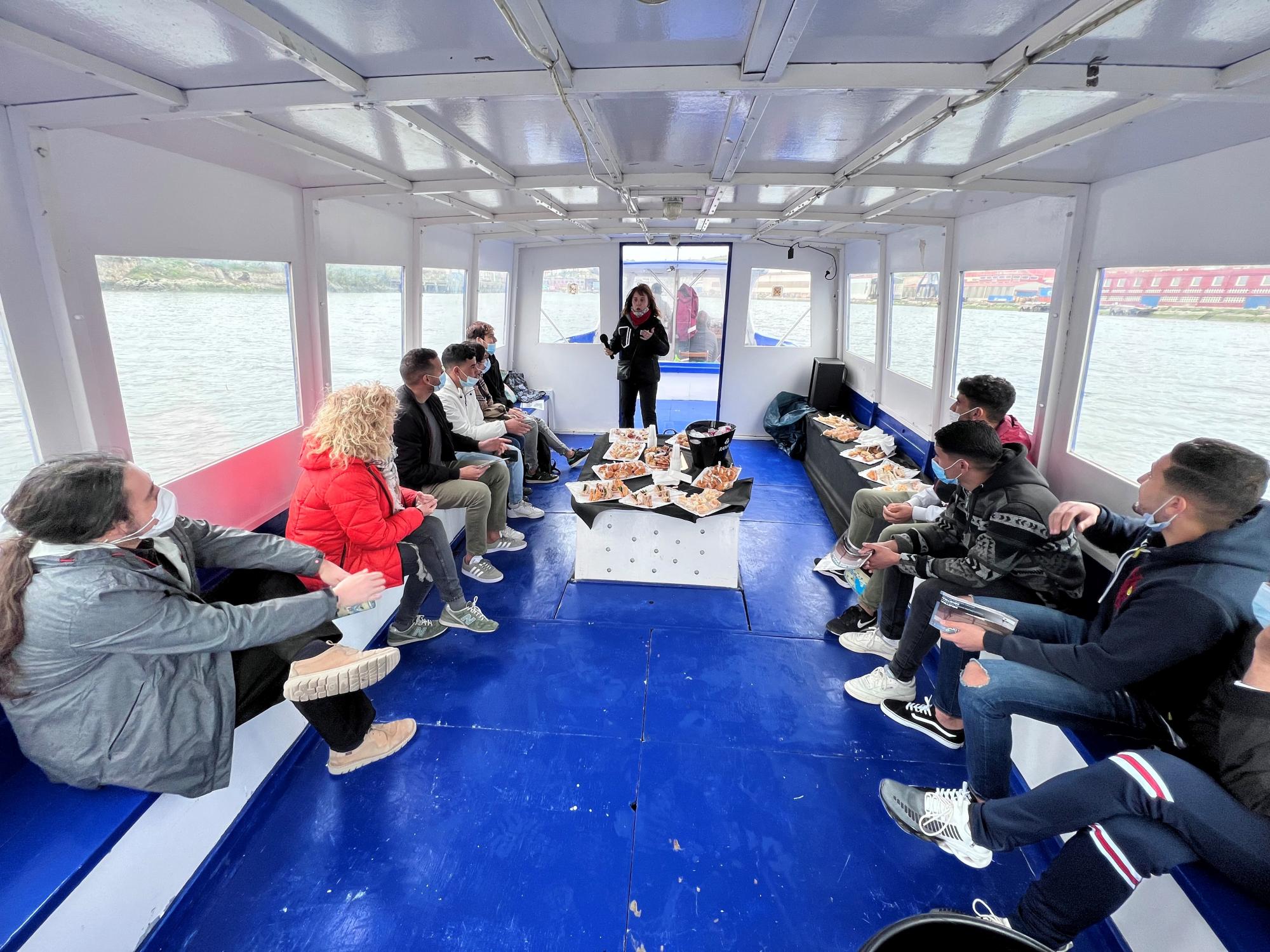Co-creation lessons from cities
Case studies from four corners of the Europe (Amsterdam, Barakaldo, Ādazi and Molenbeeck) were presented and discussed by five speakers during the online session “Co-creation lessons from cities”, part of the 4th Public Participation and Deliberative Democracy Festival, 20-21 October 2022.
Martina Gentili, post-doc researcher at the DELFT Technical University in the Faculty of Architecture, showed how co-creation can help address and mitigate inequalities in the housing market in Amsterdam, Netherlands.
When asked “what is the meaning of doing participatory processes on matters like housing affordability that are not just local matters, but affected by structural and global dynamics?”, Martina stated:
There is always something that we can do – also a very small thing that is in our power to show that we care. Let’s not be defeated by how big the thing is. It is worth fighting for this. We must put pressure from the bottom, otherwise things will never change.
Usue Lorenz, researcher and consultant for Orkestra, with years of experience in promoting co-creation approaches to address societal challenges, presented results of another youth involvement project on housing, taking place in Barakaldo, Spain.
During her intervention, Usue Lorenz reminded that "for an inclusive housing process, the housing policymaking should be tailored to the local context and young people should be involved”. Moreover, Usue talked about pre-conditions for meaningful youth engagement:
There are preconditions to youth engagement. Firstly, political commitment, secondly, the creation of safe spaces for them and most importantly, the willingness to listen to youth and to change policies accordingly.
Gilles Noël, performer for several dance companies and collaborator for Ultima Vez, an association based in Molenbeeck, a neighbourhood in Brussels, brought to the conversation a bottom-up perspective on how to meaningfully engage youth in vulnerable territories. In conversation with Jad Zeitouni, Political Advisor at the Cabinet of Brussels Mobility Minister, they highlighted the intimate connection between public participation, public life and public spaces:
“The concept of reclaiming public spaces is a core value in Molenbeek. The wording is important as you cannot reclaim something that does not originally belong to you. So, the concept behind reclaiming public spaces is that they have always belonged to local people, but for whatever reasons, they could not participate in the development and claiming of that space. Therefore, the mindset that we have is to help people reclaiming their public spaces, their rights”,
Last but not least, Karīna Miķelsone, Deputy Chairman of the Municipality of Ādazi, Latvia, presented a recent municipal project that involved children in imagining their city through drawings. Karina also reinforced an idea already presented by other panellists: “There is a necessity to understand the needs of youth and bring these needs to the attention of politicians.” She has also outlined the potential of drawings to materially engage the youngest among citizens.
If you are interested to watch the conversation again, please go here ? https://www.youtube.com/watch?v=F2HbM6a-upE
If you are interested to know more about the individual projects, you can read below and reach out to the three session organizers:
Democratic Society
Molenbeek, testimonies from the inside: how youth engagement transforms a marginalized community
The area of Molenbeek has long been at the centre of criticism and political disenfranchisement. Despite and because of the ostracization faced by this community, Molenbeek is transforming itself from the inside, and its youth have been at the forefront of this transformation. More information https://www.demsoc.org
Municipality of Ādazi, Latvia
Art unites generations and speaks clear: Listen to those in whose favour decisions are made
Are you interested to know more about how a small municipality bordering the capital through drawings and art - successfully - addressed its citizens to get involved in the development of planning documents?
Uplift Project
Co-design your future! Engagement of vulnerable young people in policy co-creation
The case studies of Amsterdam and Barakaldo showed how to involve and engage vulnerable young people into policy co-creation processes on the topic of housing affordability, starting with problem mapping and by empowering vulnerable individuals and decision makers to draft alternative and feasible solutions. If you are interested to know more, please visit https://uplift-youth.eu/.

